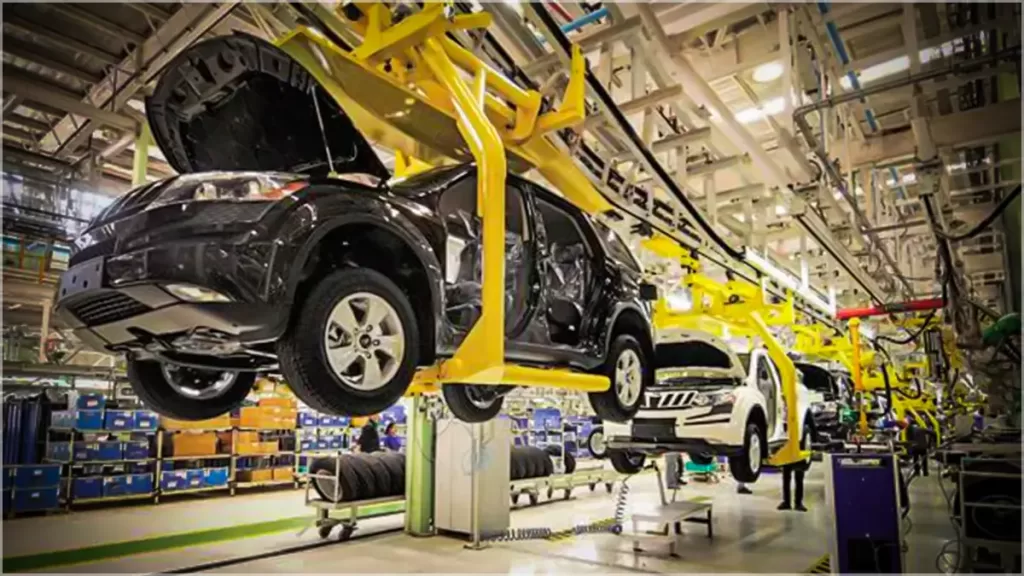India’s automobile industry is rapidly climbing the global ranks. Currently positioned fourth, India is expected to soon move up to second place, according to recent industry reports. The reason for this remarkable growth lies in India’s ability to manufacture compact cars, which are becoming increasingly popular worldwide.
Countries like the USA, Europe, Japan, and even Africa are shifting focus from large, luxurious vehicles to more compact, fuel-efficient models. Notably, even renowned companies such as Nissan are planning to introduce compact cars like Maruti in markets like Japan, reflecting a significant shift in global preferences. The dominance of Indian cars on international roads is becoming a reality.
Table of Contents
India’s Automobile Industry Growth
India’s automobile industry has come a long way since its independence in 1947. Back then, India lacked manufacturing expertise, relying mainly on servicing and maintaining foreign cars. However, fast forward 75 years, and the country now exports around 50,000 cars daily to 125 countries.

The journey began with Hindustan Motors, which introduced India’s first domestically manufactured car, the Ambassador. Known for its comfort and affordability, the Ambassador car became a game-changer in the Indian market, marking the start of India’s auto manufacturing story.
Today, Indian companies like Tata, Maruti Suzuki, and Mahindra are at the forefront of the global compact car revolution. With time and cost efficiencies gained by manufacturing parts locally, Indian automakers are poised to dominate the global automobile market.
India’s Automobile Industry and The Compact Cars?

There are several reasons why compact cars are becoming the preferred choice in global markets:
- Fuel Efficiency: Compact cars consume less fuel, which is becoming crucial as fuel prices continue to rise worldwide.
- Environmental Concerns: Compact cars emit less pollution, making them more attractive as countries around the world focus on reducing carbon emissions.
- Cost-Effectiveness: Indian compact cars provide a cost advantage over luxurious foreign brands, offering modern technology and safety features at a lower price point.
- Technological Advancements: Despite being compact, Indian cars come with advanced features like anti-lock braking systems (ABS), electronic brake force distribution (EBD), and modern infotainment systems. For example, Mahindra’s XUV 700 is equipped with cutting-edge features, often found in luxury cars like Mercedes, but at a fraction of the cost.
Government Support
The Indian government’s policies have played a significant role in this growth. With initiatives like high import duties on foreign cars, the scrappage policy for old vehicles, and production-linked incentives (PLI) for local manufacturers, India is on its way to becoming a global leader in the auto industry.

In 2021, India surpassed Germany to become the fourth-largest car manufacturer in the world. The combination of local innovation, government support, and a growing global demand for compact cars positions India to achieve even greater heights in the coming years.
The Future Looks Promising

India’s automobile industry is undoubtedly on a promising trajectory. With more than 125 countries preferring Indian cars and major brands like Maruti achieving record exports, the future looks bright. The world may soon see Indian compact cars dominate international roads, reducing pollution, saving fuel, and offering affordability without compromising on safety and technology.
India is truly driving towards a future where its cars will be seen in every corner of the globe, making the country a powerhouse in the global automobile market.


